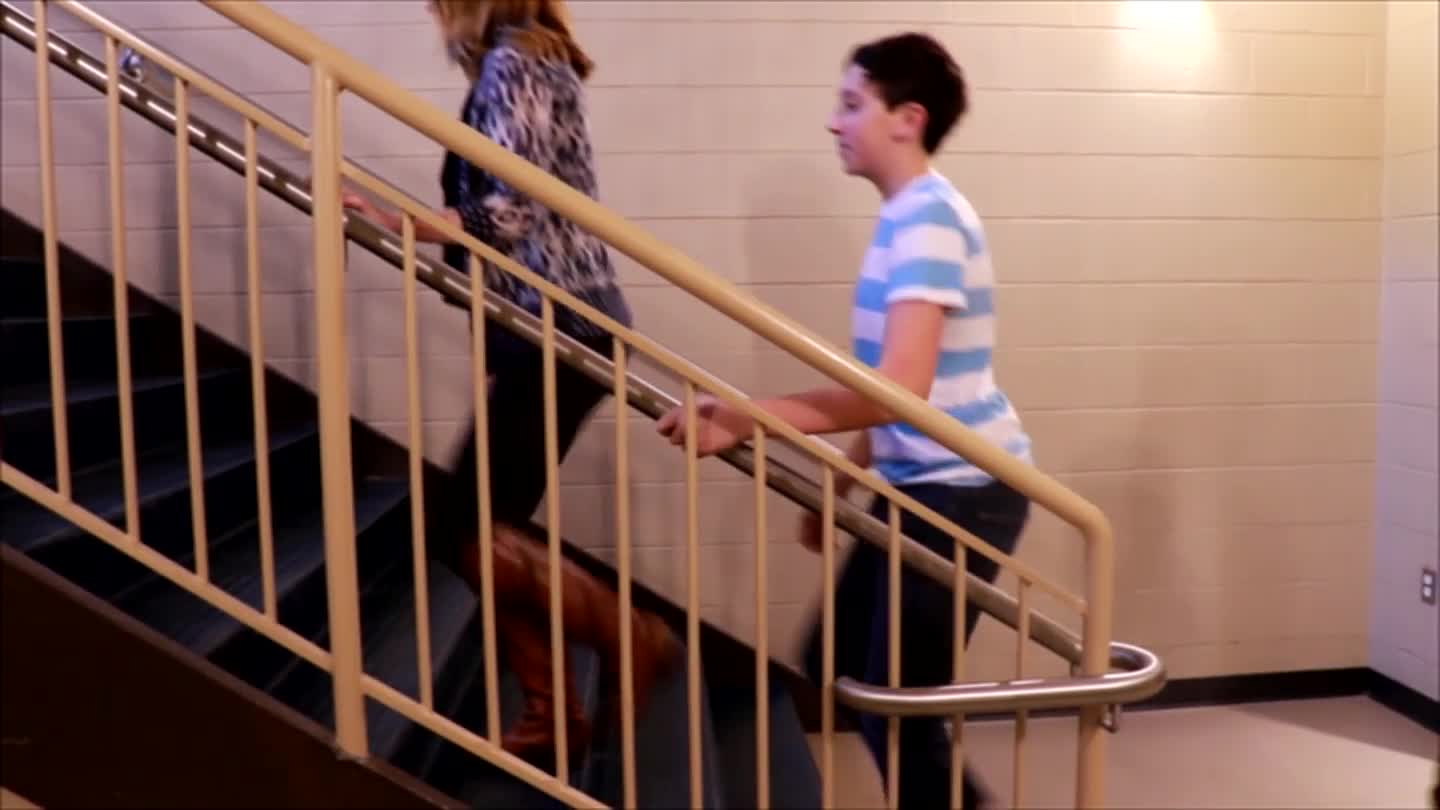
Introduction
Teaching stair safety is essential for elementary students to ensure their physical well-being while navigating school hallways. In addition to the practical aspect, stair safety provides an opportunity to introduce social-emotional learning principles, such as self-awareness, self-management, and responsible decision-making. This blog post will explore a no-prep activity that educators can use to teach these important skills, along with discussion questions and related skills to enhance the learning experience.
No-Prep Activity: Stair Safety Role-Play
In this activity, students will role-play different scenarios for using stairs safely and responsibly. The activity helps students practice stair safety while also developing their social-emotional learning competencies. Here’s how it works:
- Divide the students into small groups of 3-4.
- Assign each group a scenario that involves using stairs safely, such as walking up or down the stairs, passing others on the stairs, or helping someone who is struggling with the stairs.
- Give the groups a few minutes to discuss their scenarios and how they will demonstrate the appropriate behavior.
- Have each group present their role-play to the class, with the other students observing and providing feedback on the group’s performance.
- After all the groups have presented, discuss the importance of stair safety and the social-emotional learning principles demonstrated in the activity.
Discussion Questions
- Why is it important to walk slowly and quietly on the stairs?
- How does keeping your body with the group, but not too close, help promote safety and respect for others?
- What are some other ways to ensure safety when using stairs in a busy school environment?
- How can practicing stair safety help develop self-awareness and responsible decision-making skills?
- What other situations in school can benefit from applying the social-emotional learning principles discussed in this activity?
Related Skills
Beyond stair safety, there are other relevant skills that students can develop through social-emotional learning. Some of these skills include:
- Effective communication: Students learn to express their thoughts and feelings clearly, listen actively, and respond appropriately to others.
- Conflict resolution: Students learn to identify and resolve conflicts in a respectful and constructive manner.
- Empathy: Students learn to understand and share the feelings of others, fostering a sense of compassion and support.
- Teamwork: Students learn to work cooperatively with others, contributing to group goals and respecting diverse perspectives.
Next Steps
By incorporating stair safety and social-emotional learning into your classroom, you can help students develop essential life skills while ensuring their well-being in the school environment. To explore more engaging activities and resources, we invite you to sign up for free samples of our materials at Everyday Speech. You’ll find a wealth of tools and strategies designed to support your students’ social-emotional growth and success.

